#the brontë sisters
Text

The bloodstained handkerchief belonging to Anne Brontë, used in the weeks leading up to her death from tuberculosis in May 1849
2K notes
·
View notes
Text
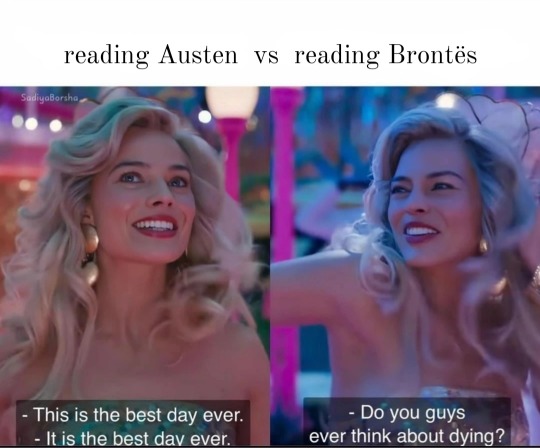
#nymphpens#dark academia#poets on tumblr#dead poets society#relatable#tumblr text post#poems#classic literature#jane austen#charlotte brontë#emily brontë#anne brontë#the brontës#the brontë sisters#barbie 2023#barbie x classic literature#barbie memes#classic literature memes#pride and prejudice#jane eyre#wuthering heights#the tenant of wildfell hall
875 notes
·
View notes
Text
he’s a 10 but there’s creepy laughter coming from his attic and his bed just happens to catch on fire randomly
#eva rambles#eva reads#jane eyre#jane eyre 2011#jane eyre 2006#jane eyre 1983#jane eyre 1996#classic lit#classic lit memes#classic literature#english literature#english lit#charlotte brontë#charlotte bronte#the brontë sisters#literature#lit#bookworm#book memes#literature memes#lit memes#reading#edward rochester#eyreposting
524 notes
·
View notes
Text
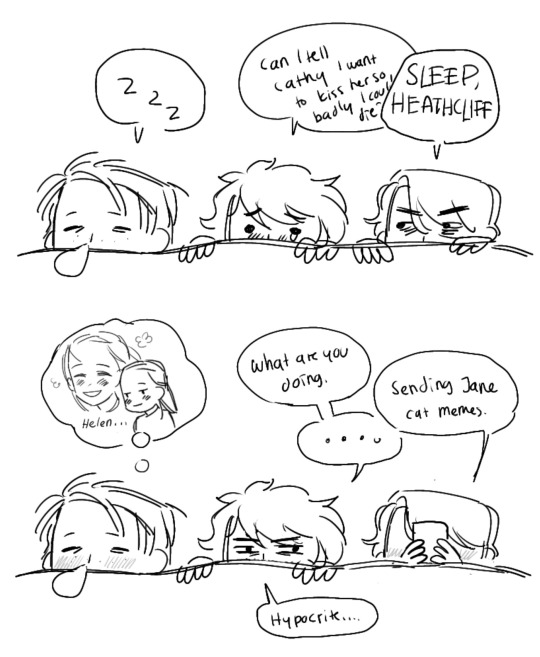

what if they were like….brothers or something. The Bronte brothers. The the Brontë cousins.
2/3 are Byronic heroes and the third guy is just some guy from Yorkshire
#jane eyre#charlotte bronte#edward rochester#mr rochester#classic litterature#wuthering heights#heathcliff#heathcliff wuthering heights#the Brontë sisters#jane eyre fanart#anne bronte#the tenant of wildfell hall
65 notes
·
View notes
Text
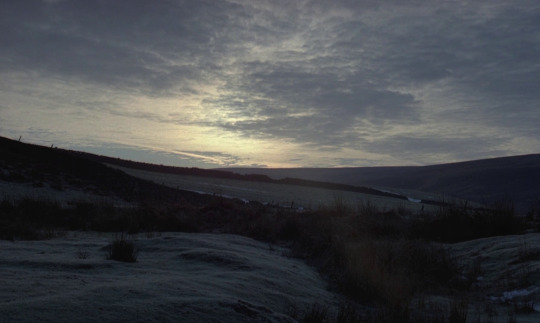
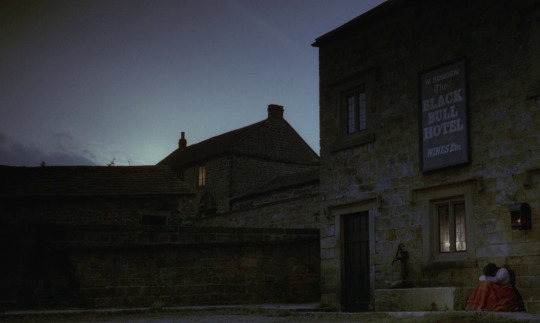
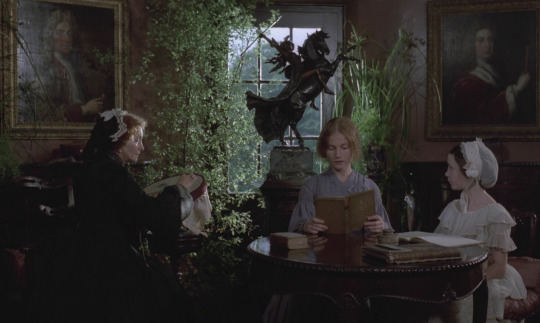
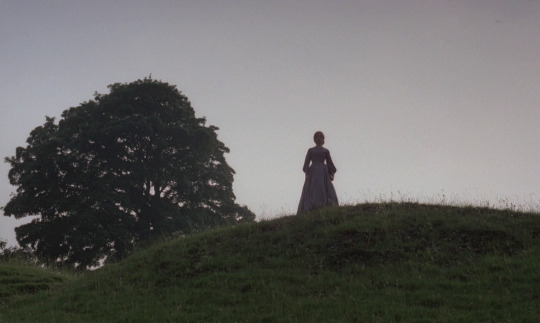


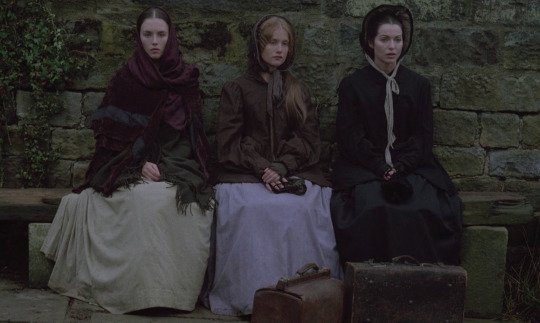

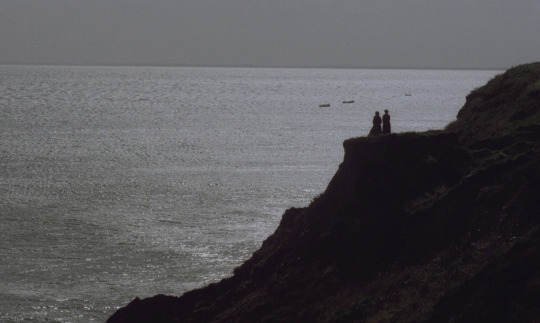
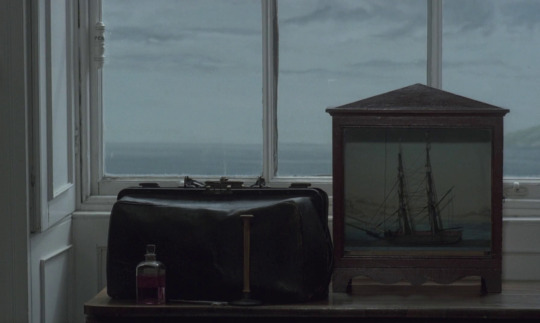
The Brontë Sisters (1979) | dir. André Téchiné
#the brontë sisters#les sœurs brontë#andré téchiné#isabelle adjani#isabelle huppert#marie france pisier#films#movies#cinematography#scenery#screencaps
352 notes
·
View notes
Note
Hello! Just wanted to say I enjoy your tumblr. Seeing your posts on the Brontes, Austen, Keats and Hamlet remind me of the time when I was obsessed with literature and specifically these works/authors. One of my underrated favourites is Villette by Charlotte Bronte (though Jane Eyre was my first Bronte love.) And Mansfield Park awakened me to Austen's depths. What are your favourite Bronte novel and Austen novel?
Halloo!
I LOVE Villette. It is Charlotte Brontë's best work in my eyes, showing her real development as a writer. I've always found it confusing/sad that Jane Eyre is the most well known of the Brontë ouvre because although it's good and I enjoy it, it is the weakest link. Charlotte Brontë got SO much better. The Tenant of Wildfell Hall is my favourite Brontë novel, partly because I lean more towards Anne's cleaner style, partly because the subject matter is very dear to me. Wuthering Heights was my first love, though. My grandma took me to visit the parsonage having read only bits of Jane Eyre and I took home a copy of Wuthering Heights and devoured it in one night. It's a really magical whirlwind on your first read.
I really need to appreciate Mansfield Park more and do a re-read— I know I saw much more in Emma as an adult and I may well see more there too. Northanger Abbey was my favourite for a while as the most cheerful and fun (and my first Austen novel) but Persuasion has my heart.
Also Keats! Keats! Do you have a favourite piece? A gripe against The Eve of St Agnes? (I do) Please talk to me about Keats because Tumblr has not yet scratched that itch for me.
#ask#classic literature#the brontë sisters#jane austen#anne brontë#charlotte brontë#emily brontë#john keats#villette#the tenant of wildfell hall#jane eyre#wuthering heights#mansfield park#northanger abbey#persuasion
25 notes
·
View notes
Text






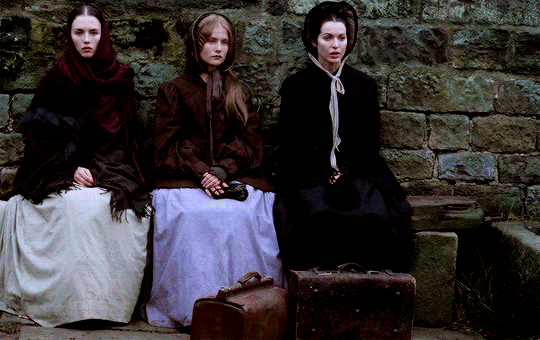


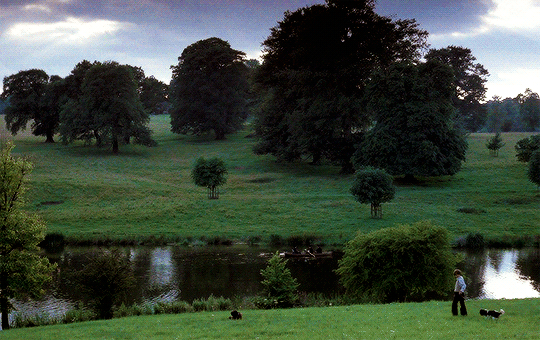
THE BRONTË SISTERS (1979)
Dir. André Téchiné
#the brontë sisters#the bronte sisters#the brontë sisters (1979)#les soeurs brontë#les sœurs brontë#bronteedit#emily bronte#emily brontë#charlotte bronte#anne bronte#branwell bronte#period drama#our gifs#our creations
165 notes
·
View notes
Text
If you ask me who is my favorite author: one of the Brontë sisters, Gaskell or Austen, at the end of the day I will always say Gaskell
Yeah Austen is amazing. Her novels always make me laugh, she introduced me to this whole regency section of literature
But Gaskell is just a completely different level. She is such an amazing observer of human nature. She sees the horror in illness, hunger, poverty and death but she also sees the beauty in life. She realized that one thing can never exist without the other. So there is sadness, humor, love and prejudice. Her books are just so full of empathy, for actually all of her characters, and this is so calming and always touches me heart
54 notes
·
View notes
Photo

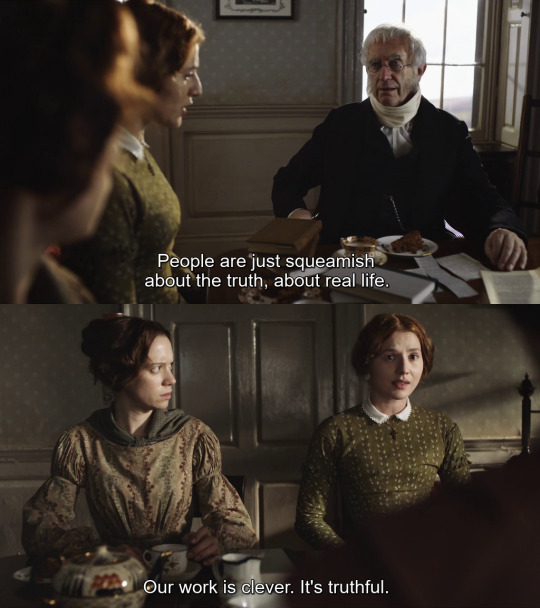
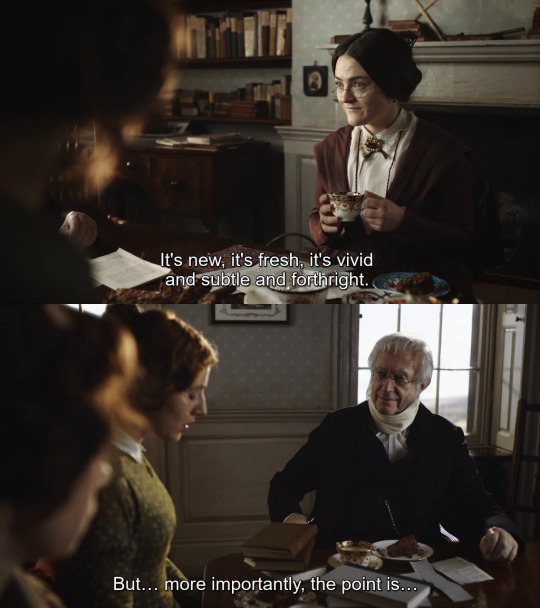

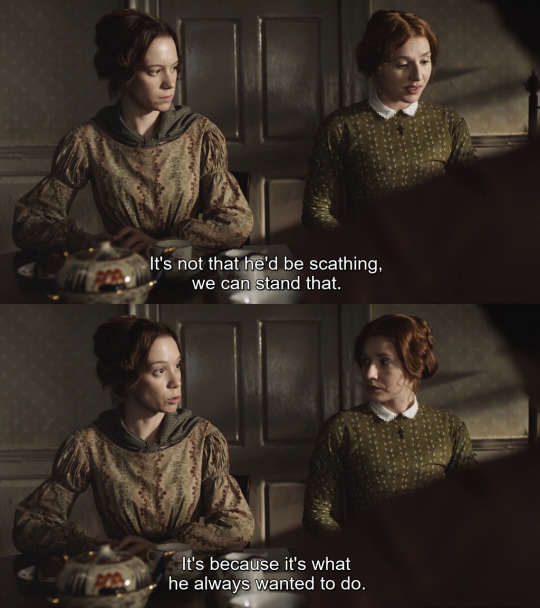
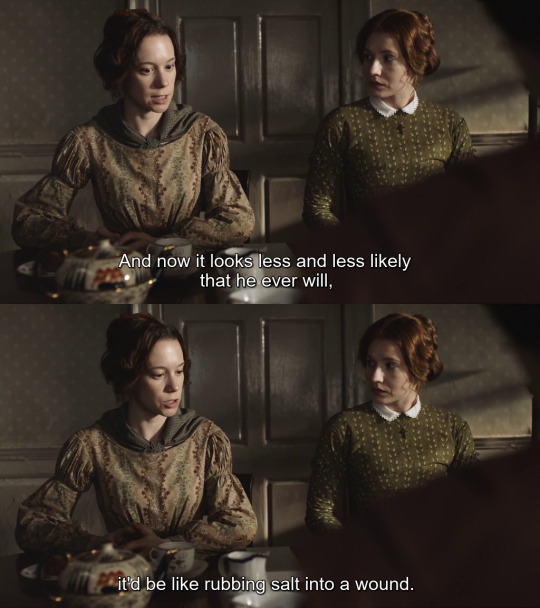
To Walk Invisible (2016) | dir. Sally Wainwright
#to walk invisible#emily brontë#charlotte brontë#anne brontë#bronte si#the brontë sisters#sally wainwright#finn atkins#chloe pirrie#charlie murphy#jonathan pryce#*
108 notes
·
View notes
Text
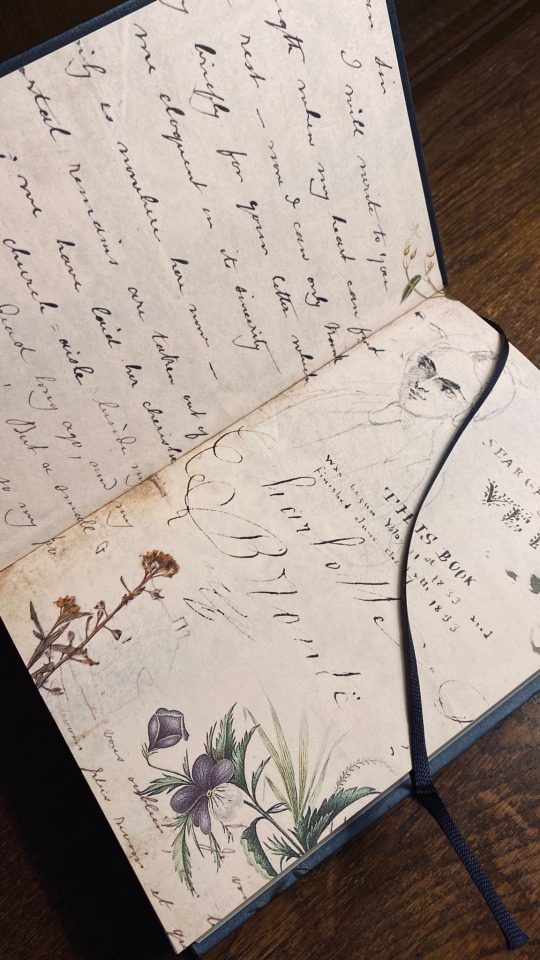
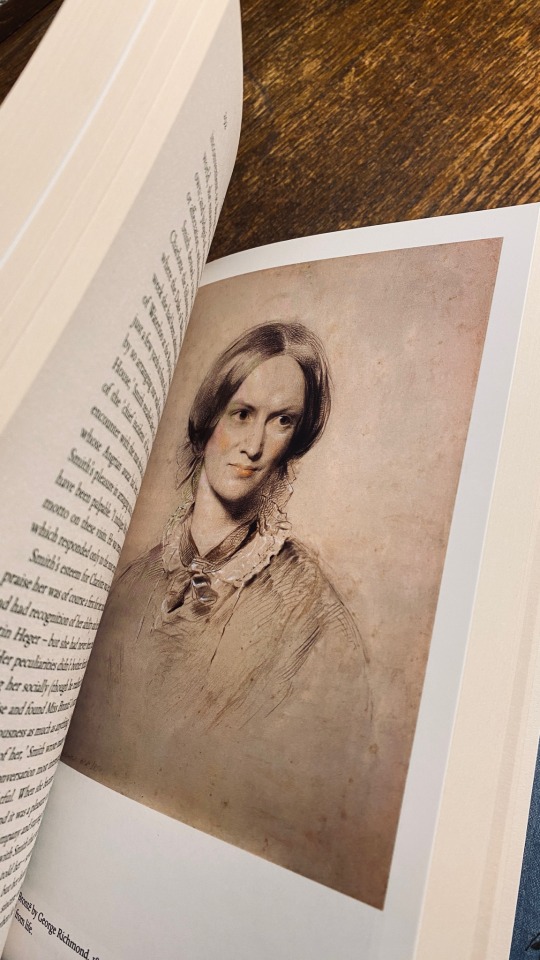
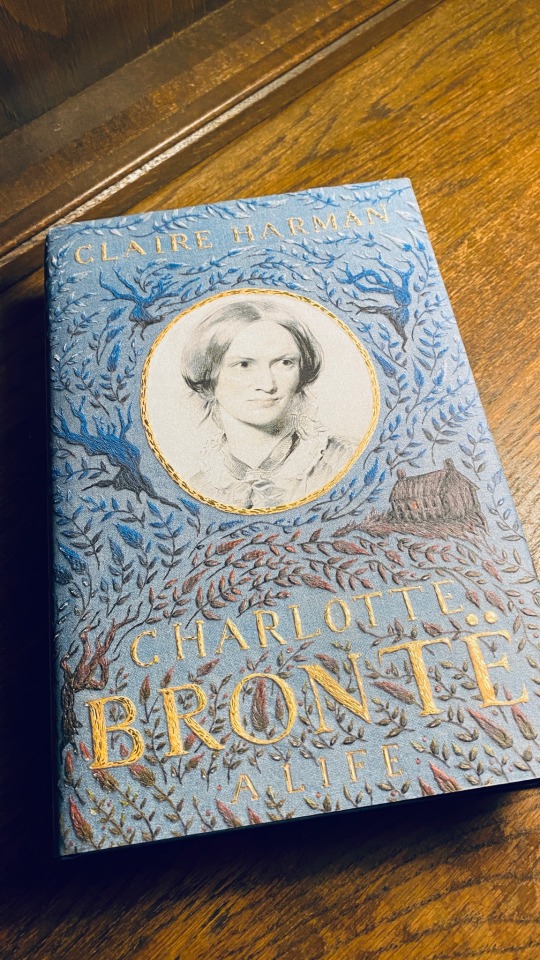
— conjecture: my girlfriend knows more about the Brontës than god does 🏸
#so I’m amazed i managed to stumble across a Brontë book she doesn’t yet own#it’s brand new never been read and it was only two English pounds#once again: praise be to the charity shop gods#the brontës#the brontë sisters#Charlotte Brontë#Claire Harman#biography#jane eyre#personal notes#🎁#n.
61 notes
·
View notes
Text

filed under: signs that aren't poems, but could be
300 notes
·
View notes
Text
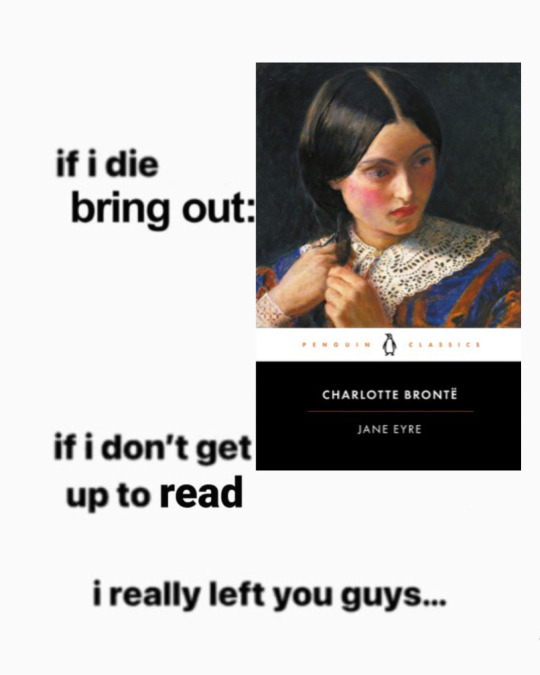
#eva reads#jane eyre#classic literature#charlotte brontë#charlotte bronte#the brontë sisters#brontë#bronte sisters#brontë sisters#classic lit#classic lit memes#english lit#english literature
63 notes
·
View notes
Text
On this day, 189 years ago: 16-year-old Emily Brontë and 14-year-old Anne Brontë write a diary entry:


November the 24
1834 Monday
Emily Jane Brontë
Anne Brontë
I fed Rainbow, Diamond Snowflake Jasper pheasant this morning. Branwell went down to Mr. Driver's and brought news that Sir Robert Peel was going to be invited to stand for Leeds. Anne and I have been peeling apples for Charlotte to make us an apple pudding and for Aunt nuts and apples. Charlotte said she made puddings perfectly and she was of a quick but limited intellect. Taby said just now Come Anne pilloputate (i.e. pill a potato). Aunt has come into the kitchen just now and said where are your feet Anne? Anne answered On the floor Aunt. papa opened the parlour door and gave Branwell a letter saying here Branwell read this and show it to your Aunt and Charlotte – The Gondals are discovering the interior of Gaaldine, Sally Mosley is washing in the back kitchen.
It is past Twelve o'clock. Anne and I have not tidied ourselves, done our bedwork or done our lessons and we want to go out to play. We are going to have for Dinner Boiled Beef, Turnips, potatoes and applepudding. The Kitchin is in a very untidy state. Anne and I have not done our music exercise which consists of b major. Taby said on my putting a pen in her face Ya pitter pottering there instead of pilling a potate. I answered O Dear, O Dear, O dear I will directly. With that I get up, take a knife and begin pilling (finished) pilling the potatoes. Papa going to walk. Mr. Sunderland expected.
Anne and I say I wonder what we shall be like and what we shall be and where we shall be if all goes on well in the year 1874 – in which year I shall be in my 54th year Anne will be going in her 55th year Branwell will be going in his 58th year And Charlotte in her 59th year hoping we shall all be well at that time we close our paper
Emily and Anne
November the 24 1834
#THE END??!?! kill me#none of them saw 1874#emily got her age wrong?#some editions contain all the original spelling/grammar errors#the bronte sisters#the bronte family#the brontes#anne bronte#emily bronte#cute#literature#english literature#letters#1800s#19th century#victoriana#victorian#thanksgiving#the brontë sisters#anne brontë#emily brontë#autumn#winter#cozy#cottagecore#dark academia
84 notes
·
View notes
Text
I would be in such danger as the Heroine of a Gothic Romance Novel (which is why I'd be perfect for it). Yes, I have an inability to resist exploring in Strange Places. And yes, I have a total lack of warning signals when it comes to Crumbling Gothic Architecture or Ghostly Shenanigans. But what would truly get me, I think, is my Reputation for being Wretched at Responding/Replying to any kind of Correspondence in a timely manner.
"We haven't heard from Elle in a long while, is that strange? I mean, her letters just stopped arriving. Isn't that odd?" "No, that's just Elle for you. She'll probably write back in a few weeks like nothing's happened. I'm sure she's fine."
Meanwhile, out on the Moors in the Shadow a Dilapidated Manor: cue Myself running barefoot in a billowing nightgown, through the rain, with a dying lantern in my hand as I attempt to flee from the Horrors my snooping in the attic unleashed.
#the Lady speaks#I woke up at 3am with this thought#anyway#gothic romance#the Brontë sisters#jane eyre#wuthering heights#Jane Austen#northanger abbey#books#crimson peak#film
140 notes
·
View notes
Text
Louis is a “Jane Eyre girlie” and Lestat is an “Wuthering Heights girlie”.
#Which one are you?#I am WH girlie#interview with the vampire#iwtv 2022#vampire chronicles#classic literature#gothic literature#louis de pointe du lac#lestat de lioncourt#gothic romance#jane eyre#wuthering heights#charlotte brontë#emily brontë#the brontë sisters
67 notes
·
View notes
Text
Literary Isolation: The Heart of Charlotte Brontë
@faintingheroine answered an ask about Nihal’s isolation in Aşk-ı Memnu and by a series of tangential jumps in my brain, it made me realise that because Charlotte Brontë discourse can often focus very much on Jane Eyre, people don’t necessarily consider just how key a theme isolation, specifically intellectual isolation is in her work, as well as the wider work of women writers of the time.
The most famous example is of course in Villette, where Lucy Snowe is ‘alone’ at the pensionnat over the holidays and becomes ill, mirroring many episodes in Charlotte Brontë’s own life. This is the novel where Charlotte explicitly set out to confront female isolation.
Yet, in this particular instance there are several things to remember, the most mind-boggling being that neither Lucy nor Charlotte were literally alone. There were servants and other lower-class individuals around her who she was unable or unwilling to befriend. The issue is one of a supposedly intellectual difference, but realistically, a class-based difference.
As a governess in English homes and as a teacher/student at the Pensionnat Heger, Charlotte identified that she was operating in a liminal class space. She was neither as lowly thought of as a servant, nor as highly thought of as her employers/students. Even when the holidays were over and she had pupils and other staff members to associate with, Charlotte created false animosities between those who she perceived as above or below her in status, i.e., convincing herself that Madame Heger hated her because she knew of Charlotte’s feelings for her husband (she likely hadn’t a clue), convincing herself that all of her employers hated her (tellingly, reasons less clear). These apparently imagined animosities served to justify the sense of class isolation Charlotte felt and the feelings of isolation, the lack of equal friendships became key elements of her drawn-from-life style.
This isolation from ‘equals’ wasn’t just something Charlotte experienced when away from home, though her sisters and brother certainly supplied the lack. When Maria Brontë, wife of Patrick Brontë was alive, they were social creatures, often visiting and receiving visits from their friends/family in the local clergy, but after Maria’s death, Patrick alienated his female friends by asking them to marry him and, having removed to Haworth not long before Maria’s death, was at a distance from his friends/her relations in the clergy who had their own busy parishes to attend to.
Distance from these friends and business in the parish meant that the young Brontës were mainly in one another’s society; within Haworth itself, the other inhabitants were of a different class and that was a barrier only Branwell was content/able to cross, and not until he was of an age to frequent the public houses. School should have been an opportunity for more socialisation, but after the disaster of Cowan Bridge (the school that inspired Lowood, as repeatedly confirmed by Patrick Brontë and Arthur Bell-Nicholls), Patrick was tentative about sending the girls to their next school, and Anne and Emily both struggled with their health while they were away from home. Charlotte, however, made a few friends, and that she recognised their value can be seen in her handling of isolation in Shirley.
Shirley presents us with a heroine who is also in a liminal class space. She does not belong to the slightly bourgeoise class of new money industrialists, nor wholly to the respectable clergy because of her mother’s past. Yet instead of presenting her with a class equal, Charlotte Brontë presents her with an intellectual equal. Shirley transgresses class to end Catherine’s isolation, but also to end her own isolation as the only woman of status in the area.
One could argue that the Brontës are a unique case, but this is simply not true. There were many isolated parishes in England and no doubt many clergy daughters who grew up without being exposed to other children, and may not have been able to afford to go to school.
Much as Charlotte Brontë likes to distance herself from Austen, the same problem occurs in Emma, when Emma is left as the only woman of her class in Highbury and therefore must either live in complete isolation or associate with those who society believes beneath her. She cannot socialise as an equal, and no doubt there were other young women in Emma’s position, isolated only by their status.
In Wuthering Heights Cathy Linton is isolated in this same way, as were Isabella and Catherine before her. I suspect this is also part of Nihal’s isolation: she is of a particular status and is therefore mostly at home and alone. Those she might associate with are not accessible to her except in public places and until Bihter connects the family with the Melih Bey set, she does not have access to these public places. Yet Cemile is right there! But Nihal is separated from her by status and by false extension, intellect.
The loneliness that these women felt must have been very real, but it’s also difficult for us as modern readers to grapple with the fact that they were very much not alone. They were surrounded by people; the only thing between them and the social pleasure they desire is class structures and false intellectual superiority.
I think my end point is that isolation was a major problem for women of the period and one that is very pressed in literature, particularly the work of Charlotte Brontë. But that problem was not a simple one, and when viewing these works through a modern lens it’s important to recognise the unspoken aspects of these issues.
#charlotte brontë#isolation#jane austen#emily brontë#the brontë sisters#wuthering heights#cathy linton#cathy earnshaw#catherine earnshaw#emma#villette#lucy snowe#aşk ı memnu#nihal
73 notes
·
View notes